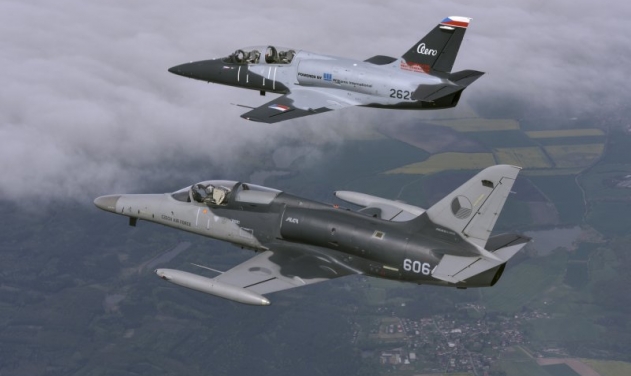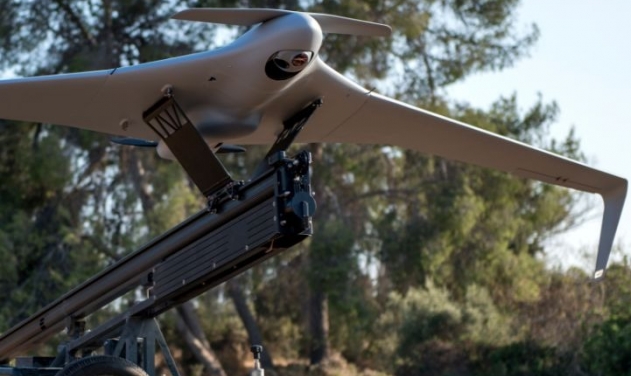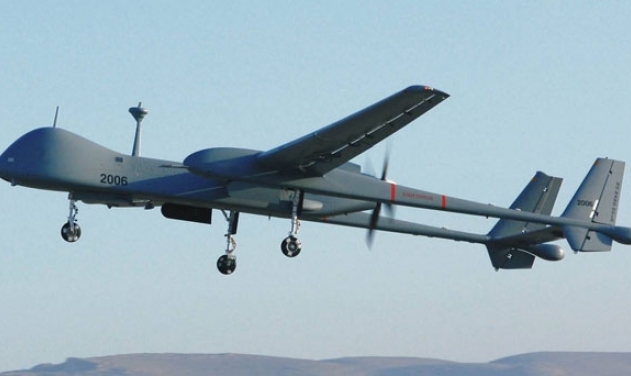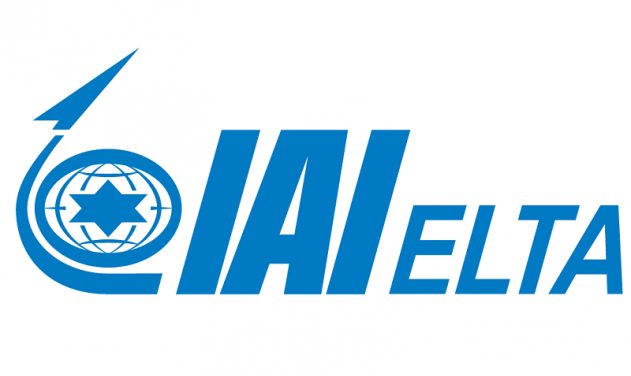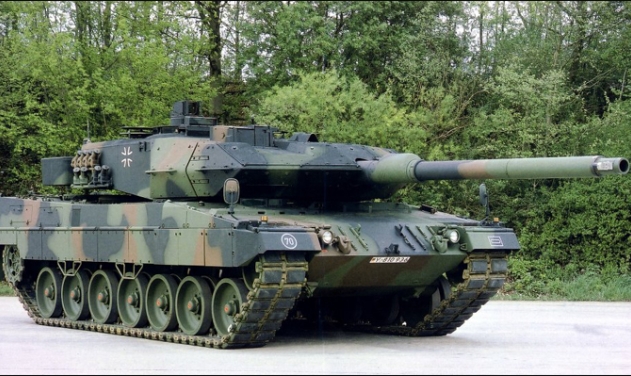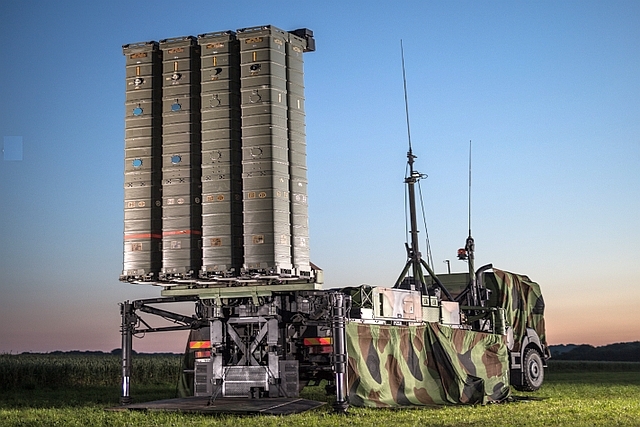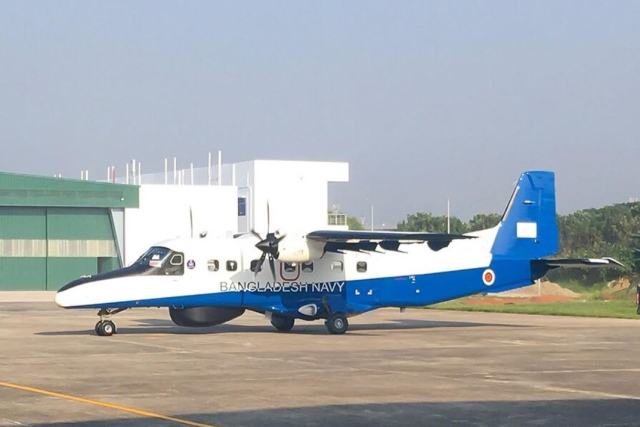IAI Developing Autonomous Bulldozers, Trucks for Military Cargo Operations
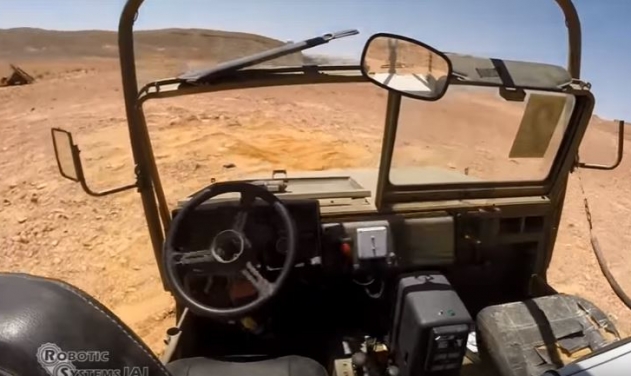
Israel Aerospace Industries (IAI) is developing autonomous bulldozers and trucks for transporting cargoes for the military and mining market.
"Within a span of years, most of the vehicles used by advanced armies will be autonomous, with artificial intelligence capabilities introducing a great change into this sphere. We intend to become a leading player in this area. We know how to do this, and we have accumulated a great deal of know-how and experience," IAI deputy general manager of ground robotics systems Meir Shabtai was quoted as saying by Globes Sunday.
Robocon system, meant for making logistic truck convoys autonomous will have one truch following a leading truck without being driven by soldiers.
In addition to this system, IAI has developed the Panda, an unmanned bulldozer for engineering missions; the Sahar, a patrol robot used for missions such as opening a road to motorized and infantry forces, and which is designed to detect ahead of time explosive devices planted on the road; and others, the news daily reported.
"The market for land-based military robotics that these developments are aimed at is likely to grow 10-20% per annum until 2025, reaching over $1.5 billion," Shabtai said.
In recent years, the IDF has been expanding the use by its forces of unmanned vehicles in various conflict areas, such as the northern border and the borders with Egypt and the Gaza Strip, particularly in the framework of regular patrol and security missions.
IAI VP land systems Major General (res.) Gadi Shamni, who is familiar with the operational needs and challenges facing the IDF on today's battlefield, predicts that the trend towards assimilating unmanned vehicles in the IDF and other advanced armies worldwide will gain momentum. "Robots are able to do many things and enable field commanders to get the most out of their force capabilities, because many missions are too dangerous for soldiers. Sending a company of soldiers to a sensitive target is risky and requires preliminary preparation of rescue forces. Robots can always be sent to such places," he explained.

